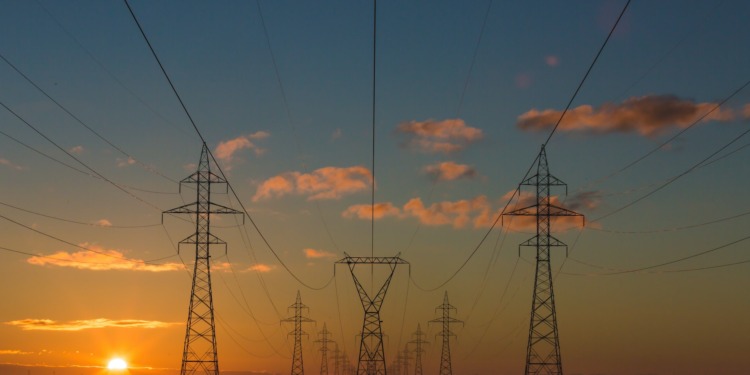Tesseract just raised $ 78M. The UK-based company launched by former Revolut Alan Chang and Charles Orr aims to change the energy sector by cutting the intermediaries between the energy provider and the customers.
The round was led by Balderton and Lakestar. Accel, Low Carbon, Ribit Capital, Box Group, Creandum, and former F1 driver Nico Rosberg invested in this project too.
How does Tesseract work?
Tesseract aims to facilitate access to clean energy. Instead of having people buy directly assets – for example, solar panels to put on their roofs – they will be able to access a “virtual” clean energy network. This network will be available through the Tesseract app.
By using tokens customers will be able to buy a certain amount of watts from the company. If they don’t use all the energy, it could be sold back – again via tokens – to the market.
RELATED ARTICLES: Tozero raises € 3.5 M to take battery recycling to the next level in Europe | Five Crowdfunding Platforms For Your Sustainable Startup | Latest UN Climate Report: A Call for Action | XFarm Technologies Raises $17 M In One Of The Largest Agritech Rounds To Date | Filling Gaps in Climate Tech Funding |
According to Tesseract, by doing this, the energy will be ten times cheaper for customers because there will be no interrmediaries between them and the energy providers. Energy will also come for sure from 100% renewable energy sources.
As you can see, this new startup does have similarities with some of the concepts brought by Revolut. A virtual app through which customers can access most of the features offered; a company that considerably reduces the fees associated with a service.
What’s next for Tesseract?
With this round, the company’s valuation reaches $145M. It’s a critical time for the energy sector in Europe. With the geopolitical instability, energy prices are going up. There is also a serious risk that as a remedy to the increased energy prices, many countries will decide to switch back to fossil fuels.
Tesseract could play an important role in avoiding this. With the new funds, the company will buy more renewable energy assets and reach more agreements with renewable energy providers.
This will not just benefit Tesseract customers, as they will pay lower for their energy compared to other customers. It will have a positive effect on the environment as well.
The “virtual” energy sector has some serious potential and we can imagine many more startups will join. If the environmental side is maintained also by future startups, this could only benefit the energy market.
Editor’s Note: The opinions expressed here by Impakter.com columnists are their own, not those of Impakter.com –In the Featured Photo: Energy grid. Photo credit: Unsplash.











